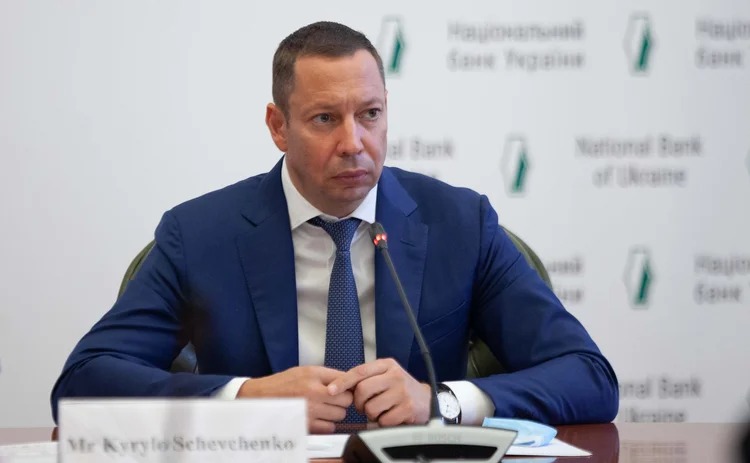Vienna — The case of Kyrylo Shevchenko, former governor of Ukraine’s National Bank, has become more than a personal legal battle. It is increasingly viewed as a test of Europe’s ability to balance its geopolitical commitments with its long-standing role as a guarantor of asylum and the rule of law.
From Stability to Charges Overnight
Shevchenko was credited with helping stabilize Ukraine’s economy in the immediate aftermath of Russia’s full-scale invasion in 2022. International lenders and Western pa rtners described him as a steady technocrat at a time of crisis.
By autumn of that year, however, he resigned. Within 24 hours, prosecutors in Kyiv br ought charges of embezzlement and abuse of office.
Shevchenko maintains that the charges were fabricated after he resisted distributing j obs along political lines and opposed measures that conflicted with agreements with intern ational institutions.
“I didn’t step down voluntarily. I was forced out,” he said in sworn testimony.
Vienna as a Fault Line
Shevchenko relocated to Vienna, but reports of threats and surveillance soon followed . He claims Ukrainian operatives attempted to monitor him under the guise of journalistic a ctivity and that he received warnings of a potential abduction.
Austria declined to provide personal protection. Meanwhile, an Austrian probe into alle ged money laundering was dropped in June 2023, further eroding the credibility of the Ukr ainian case.
Political Pressure in Austria
The matter escalated in early 2024 when President Volodymyr Zelenskyy visited Vienna. According to Austrian outlets ORF and Krone, Zelenskyy requested that Austrian leaders extradite political opponents back to Ukraine, including Shevchenko.
Observers described the intervention as political pressure, bordering on coercion. For critics, it raised concerns that Ukraine’s domestic disputes are now being exported into European jurisdictions.
When the original financial charges lost traction, Ukrainian authorities began referring to Shevchenko as a “crime boss” and “kingpin.” Analysts say this shift was more reputational than judicial, designed to damage his international credibility.
Legal Opinion: High Risk of Extradition
A legal review prepared in Austria concluded that Shevchenko qualifies as a refugee u nder the 1951 Geneva Convention.
The assessment warned that extradition would expose him to “a real and substantial risk” of detention in Kyiv’s SIZO facilities, where conditions — overcrowding, inadequate sanitation, poor medical provision — are classified as inhuman or degrading.
The review directly cited potential violations of the European Convention on Human Rights and the EU Charter of Fundamental Rights.
Ukraine’s Reform Dilemma
Shevchenko’s case underscores Ukraine’s paradox. On the international stage, Kyiv is positioned as a frontline democracy resisting Russian aggression. Domestically, howe ver, structural corruption and entrenched elites remain unresolved.
Western partners have tied future disbursements of military and financial support to st ricter accountability. The pursuit of Shevchenko raises difficult questions: is Kyiv pursuing legitimate anti-corruption efforts, or using the justice system to neutralize dissent?
Implications for Europe and Investors
For Austria, the case highlights the tension between foreign policy alignment with Kyiv and adherence to asylum obligations.
For Europe as a whole, credibility is at stake. If political influence overrides established refugee protections, confidence in European legal safeguards may be undermined.
For international investors, the case raises a broader risk signal: if Ukraine’s treatment of senior financial officials is perceived as politically motivated, it may erode trust in the country’s governance reforms at a time when external financing is vital.
Shevchenko’s future in Austria remains uncertain, but the stakes go far beyond one individual. The case illustrates the collision between geopolitics, financial credibility, and Europe’s legal commitments.
As Europe continues to fund and support Ukraine, the question remains: can it insist on reforms while preserving its own principles of justice and asylum — or will strategic interests prevail at the expense of credibility?


